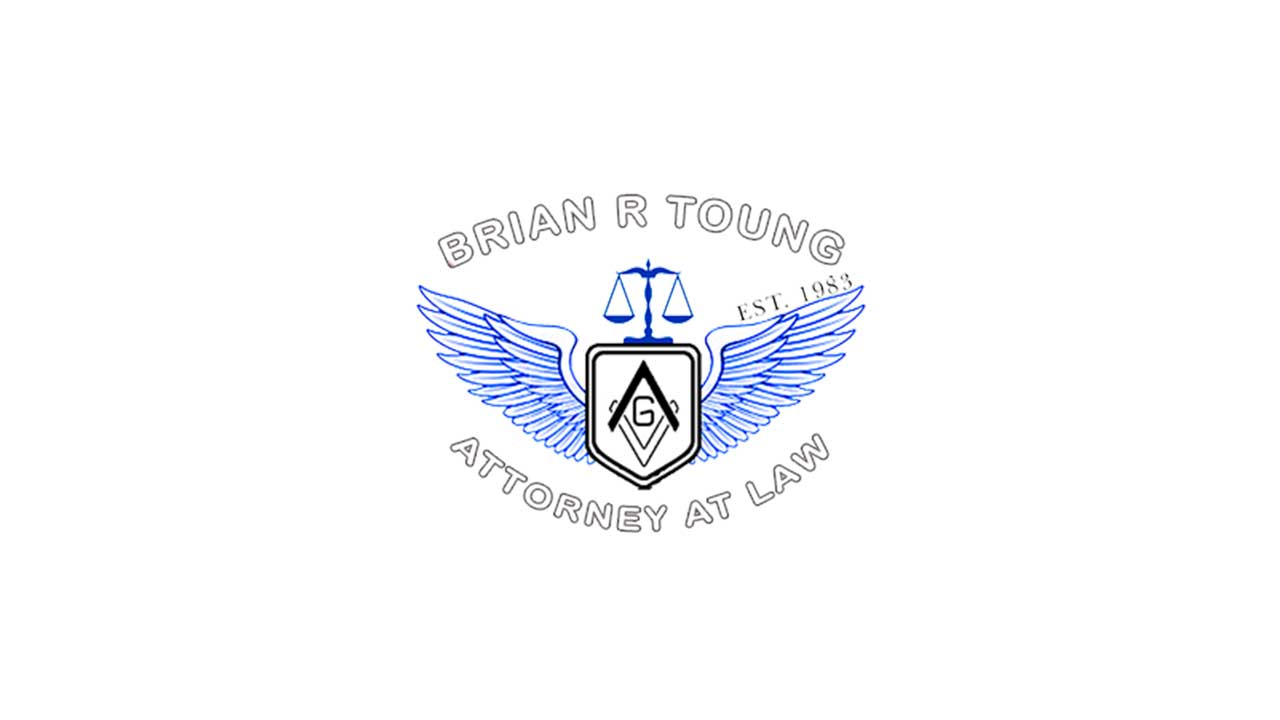When you choose to travel with an airline, you have an expectation that the personnel who assist you on the plane and the pilot are all capable of doing their respective jobs properly, especially as it relates to your safely. However, if you suffer an injury while on board a commercial aircraft, it is not always simple to know who holds liability. Airlines, often described as “common carriers,” bear a number of responsibilities to their passengers, but those responsibilities have very strict limits.
In general, a common carrier may bear responsibility for an injury a passenger suffers due to some failure on the part of the personnel or pilots serving the passengers. This might include improperly packing luggage, failing to maintain clear aisles or poorly performed maintenance on the craft itself. A pilot also bears a great deal of responsibility to operate the craft properly and avoid unnecessary risks in the course of the takeoff flight and landing.
However, the carrier’s liability often ends when a passenger disembarks from the craft, and may not cover injuries brought on by events that did not result from some form of human error. Unavoidable or unforeseeable events, or so-called “acts of God,” often excuse a carrier from liability for a passenger’s injuries.
If you recently suffered injuries on a commercial flight, be sure to speak with an attorney who understands aviation law and the nuances of pursuing fair injury claims against common carriers. With professional guidance, you can assess your experience and understand the legal options you have available to pursue fair compensation for your injuries, medical costs and other associated losses.
Source: Findlaw, “In-Flight Injuries on Airplanes,” accessed Jan. 12, 2018

